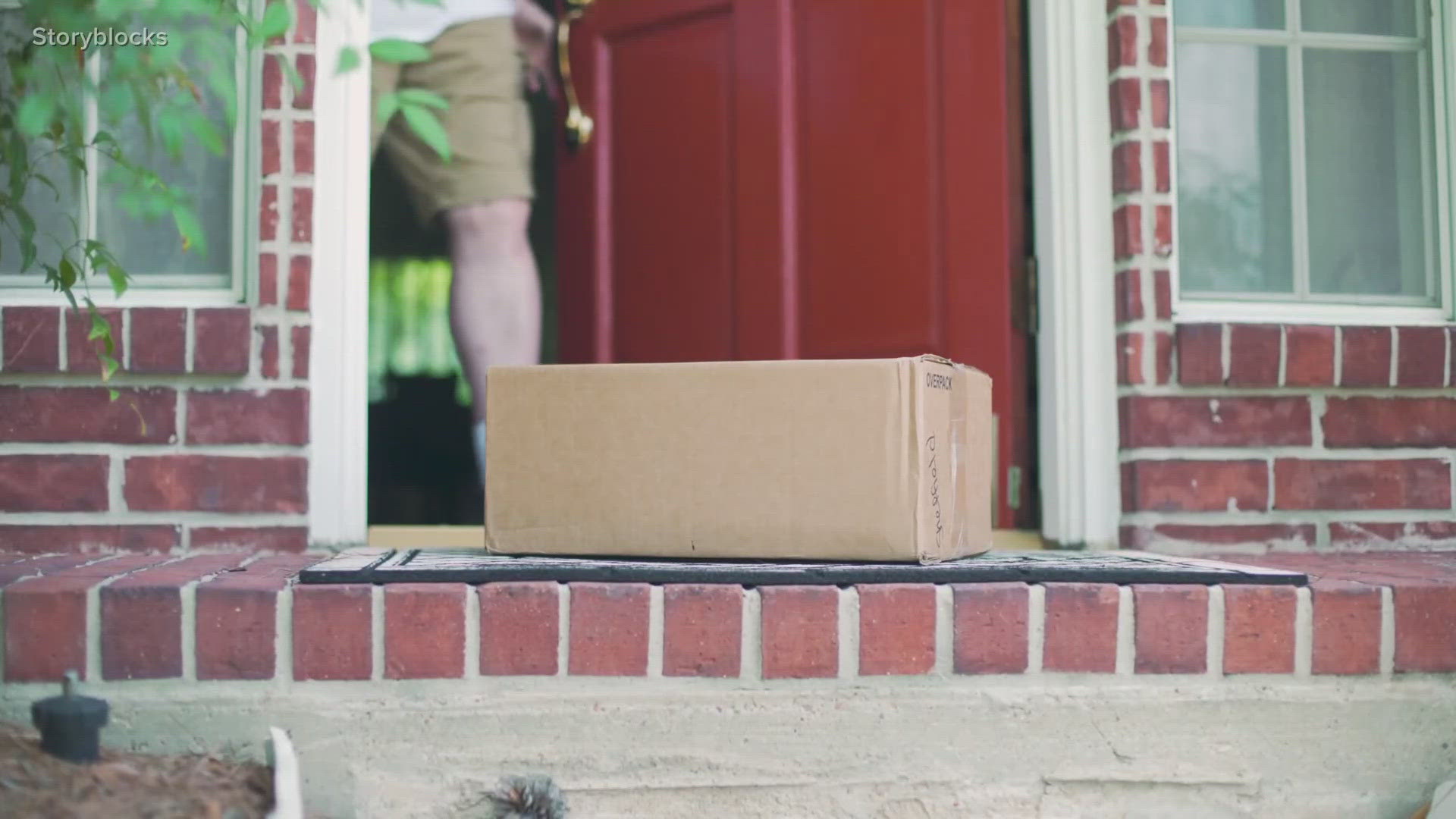CENTRAL, Texas — From paying for public parking to scanning a menu at a restaurant, QR codes can be a convenient tool. However, across the nation, a new scam that is even tricking some law enforcement agencies is going around, called "brushing."
"Brushing" is when you're sent an unexpected gift with no return address with a QR code asking you to scan inside. Some social media posts some are claiming that the QR code will tell you who sent the package, which will give you more of an incentive to scan.
"That's where we should hit the pause button and say, I think I need to check this before I do that," said Jason Meza, Senior Director of Media Relations for the Better Business Bureau (BBB).
As holiday season approaches, scammers are using this to their advantage by hiding harmful links in QR codes to steal your personal information.
"They're simply applying a broad brush across multiple area codes, multiple districts and multiple addresses in the hopes that at least 1% of the people will respond or send a signal," Meza said.
THE QUESTION
Do scammers have the capability to gain your information by you just scanning a QR code?
OUR SOURCES
- Jason Meza, Senior Director of Media Relations for the Better Business Bureau (BBB)
- Killeen Police Department
- The Federal Trade Commission
- The American Assocation of Retired Persons (AARP)
THE ANSWER
WHAT WE FOUND
Meza says there's been little to no research showing a QR code scan will activate a virus on your phone. He says the best thing to do is throw away the package and don't act on it.
"Don't scan the code, simply don't perform the action right away," Meza said. "You're following instructions that you don't know who the code came from and, and in reality, it's probably from a scammer."
The Federal Trade Commission and AARP also advise not to scan a QR code you're not expecting, especially if it urges you to act immediately. You should also update your phone's operating systems and set up strong passwords.
If you're concerned or have been scammed:
- Call the free AARP fraud watch network helpline at (877-908-3360). You can also file a complaint online to the federal trade commission which has more information on fake QR codes.
To see how QR code tracking works click here.
If you want something verified, email our Verify Team at verify@kcentv.com

